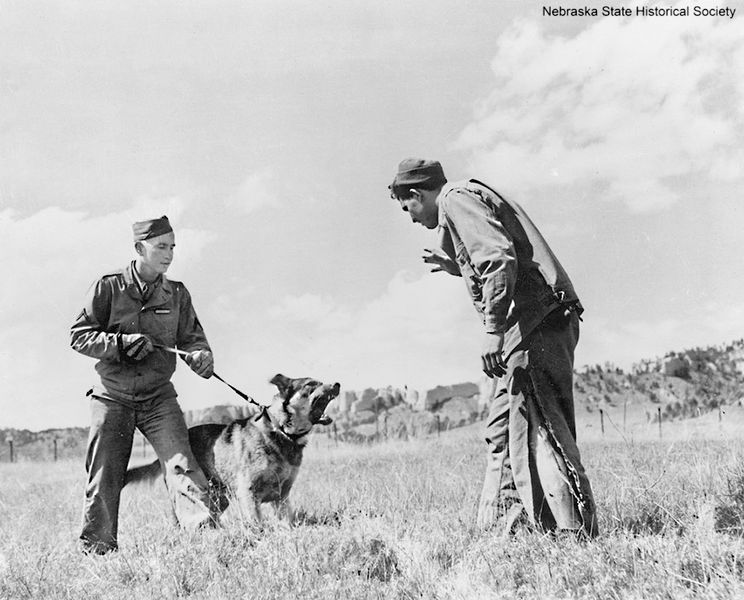Podcast: Play in new window | Download
Subscribe: RSS
Lori begins the show discussing the many problems with private ownership of big cats, with guests Tracie Letterman, Vice President of Federal Affairs at Humane Society Legislative fund and Lisa Wathne Senior Strategist, Captive Wildlife, Humane Society of the United States.
The Rise of Joe Exotic
Netflix hosted a popular show called Tiger King, which featured the exploits of Joe Exotic, AKA Joseph Allen Maldonado. For two decades, Joe had operated an Oklahoma roadside zoo, where he made a living breeding and handling big cats, mostly tigers. He charged the visiting public to hold, pet, and be photographed with tiger cubs. Later, Joe Exotic began traveling the country with his juvenile tigers, going to fairs and roadside zoos.
Unquestioned cruelty
The practice of “cub petting,” as it is called, is simply cruel. The babies are taken from their mothers at birth and then live in confinement to be exposed to a constant stream of people. HSUS investigations at three locations documented severe abuse and neglect of big cats at each facility.
Cub petting is sometimes justified as being beneficial to the animals, because it increases public awareness and supports conservation. Of course, these ideas are simply untrue. It actually leads people to believe the animals are not endangered in the wild, and encountering these animals in roadside zoos and fairs tends to inspire people to obtain wild animals themselves to keep as pets.
The fall of Joe Exotic
After appropriating the name of a legitimate rescue, Big Cat Rescue, Joe lost a lawsuit and was ordered to pay nearly one million dollars in damages. This led Joe to hire a hit man (really) to kill the sanctuary’s founder. Unfortunately for Joe, he was speaking with an undercover FBI agent, and on April 2019, he was convicted on 17 federal wildlife crime counts and two counts of murder for hire. He now resides in federal prison.
What you can do
Joe Exotic’s spectacular ride is only a very visible example of a huge problem. In the US, approximately 5000 to 7000 tigers live in captivity, versus 2800 in the wild worldwide. A few states have public contact bans. But since 1990 there have been over 400 dangerous incidents with big cats, including serious injury and death. Federal legislation is long overdue, and the Big Cat Public Safety Act has been introduced in both the house and senate. It would prohibit individuals from having big cats as pets and prohibit public contact with big cats. Please contact your representatives and ask them to support this legislation.
Dogs employed in World War II
Peter then welcomes Trevor Jones, Director and CEO of History Nebraska.
In the Second World War, the US conducted a novel program called Dogs for Defense to get dogs into military service for various roles. Americans were asked to volunteer their pet dogs to the military, and indeed, thousands did so. Jones also wrote a very nice children’s book, Major – A Soldier Dog, based on one family’s real experiences in allowing their dog to enter service for the war effort.
Finally, what is the largest shark? If you know that it is the whale shark, you are on your way to besting Peter’s effort on this week’s quiz about sharks. Whale sharks can reach 60 feet in length!






Leave a Reply